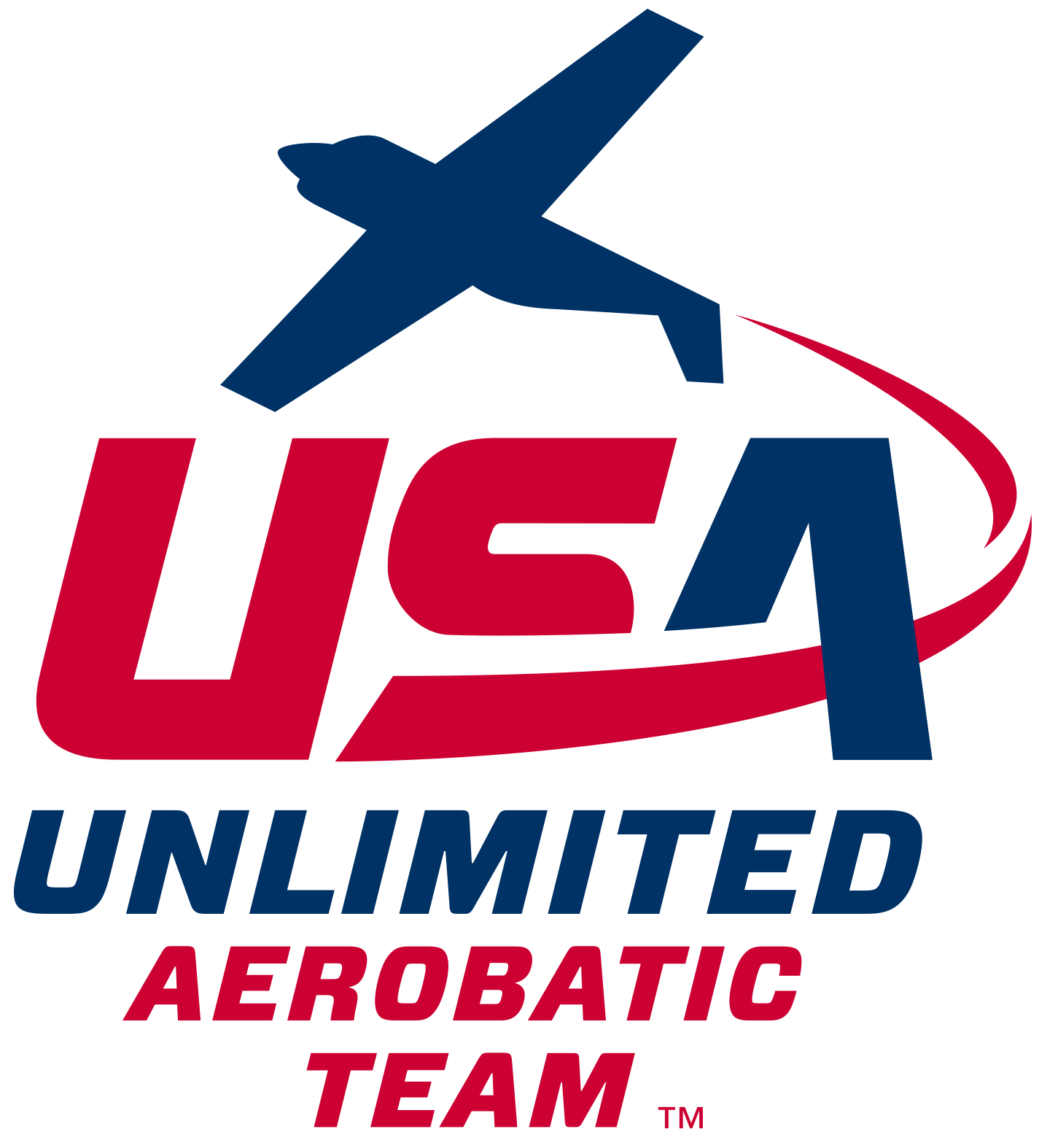by Gerry Molidor, IAC 14825
Categories
A delicate issue that has been brought to the forefront in recent years for the competition-minded member is that the categories are getting harder to fly. The term given to this perception is category creep. As president, I am tasked with weighing the merit of these concerns with that of the possible watering down of what the aerobatic achievement was originally intended to be for each level.
I want to be quick to point out that your IAC directors are sensitive to category creep. We are also equally sensitive to lowering the standards too much to accommodate a vocal few. There is no doubt that Unlimited continues to evolve, as it should. It is “unlimited.” But Primary and Sportsman have not, and I can show you sequences from the 1970s that it has actually gotten a bit easier in some ways. Intermediate and Advanced take the brunt of the pressure to bridge the gap to the ever-evolving Unlimited category.
The IAC categories of flying were not casually thrown together. They were carefully laid out to build a foundation of knowledge to allow advancement from one category to the next. When it comes to this past year’s Primary category, it is my sincere opinion that we removed a very, very important part of that foundation in removing the one turn spin. The change was argued as a way to encourage more people to compete in aircraft not approved for spins. This hasn’t happened, and it wasn’t the right way to attract more pilots to participate in our traditional contest flying.
Spins are important to learn up front for two reasons. First, the biggest risk for a botched figure is that it may very well end up in a spin. Second, the rules for aircraft control change on the back side of the lift curve, and it would be unwise not to have some knowledge of this before getting too involved in exploring your aircraft’s envelope. I am not trying to be some kind of self-serving preacher either. It’s just that this type of flying has seen too many pilots lose their life unnecessarily because of a lack of understanding and experience. I think flight-training experts would argue that spins are one of the most important maneuvers that should be taught to a pilot planning on solo aerobatics.
Many critics will say that I am being insensitive to the beginner who wants to get started, and we know there are many, many pilots out there doing just fine flying aerobatics that don’t have the spin knowledge I’m talking about. I would have fallen into this category at one time, but my affiliation with the IAC system has shown me, and others, a better way. This is important stuff. It’s not what you know that will hurt you; it’s what you don’t know that you don’t know. For our non-competitive members, it’s still very important stuff. Please, be thirsty for this knowledge. We’ll try to help with more educational magazine articles for you to digest, but dual instruction is always the best.
The IAC categories of flying were not casually thrown together. They were carefully laid out to build a foundation of knowledge to allow advancement from one category to the next. Now, what about category creep in Intermediate and Advanced? I am watching this carefully, as is the board. The benchmark requirements for sequence design haven’t changed. Intermediate Knowns and Unknowns must be flyable by a Decathlon, and Advanced by an S-2A. Of course, flyable is a subjective word and depends on the pilot. I can tell you this—I’ve seen pilots fly and win in each of these aircraft. John Morrissey won at the 1994 U.S. Nationals in Advanced in an S-2A. It takes much practice and dedication to be properly prepared. The good thing is that the hard work is what makes the whole process a fun and rewarding experience.
The bottom line is that we want our pilots to have a baseline amount of knowledge for each category. It’s like a college. Would you prefer to have a rubber stamp degree or a degree from an institution that carries a credential of prestige? I would like you to feel our institutional prestige of accomplishment when you complete a category because we held you to a consistent standard. It doesn’t matter if you accomplish this flying through the Achievement Awards Program or through actual competition, you should feel good about your continued aviation education. There are not many pilots who venture to achieve these valuable skills. Good work, Team IAC!

